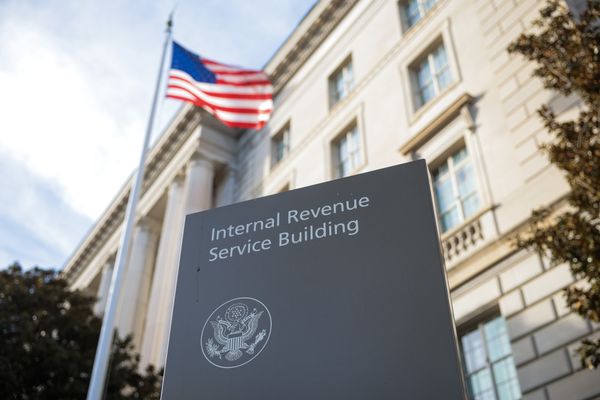England and Lions star Maro Itoje says he will no longer sing "Swing Low, Sweet Chariot", which regularly rings out in the stands at Twickenham. The song, which was written in the 1860s, has links to the American slave trade.
During an interview with French newspaper L’Equipe, Saracens second row Itoje confirmed he wouldn’t be singing along to the words in future, but said he didn’t want to see it banned from matches.
“I’m not going to tell people what they should or shouldn’t do but, personally, I won’t sing this song anymore," he said. "I sang it before when I was naive and didn’t know its origins but, knowing now the context in the creation of Swing Low, Sweet Chariot, it’s not an anthem that I’m going to repeat anymore."
Read more: Welsh rugby dithers over signing 'superstar' as special WRU deal floated
The song’s origins are rooted in US slavery and it is believed to have been written by the American slave Wallace Willis around the 1860s. It’s understood the song was first sung at Twickenham, when Martin “Chariots” Offiah featured at the 1987 Middlesex Sevens tournament, then going on to become popular among England supporters.
The Rugby Football Union has previously conducted a review of the song and deemed that most supporters are unaware of the history behind the song. Itoje, 27, previously voiced his discomfort about singing it during an interview with the Daily Mail in 2020. “Don’t get me wrong, I don’t think anyone at Twickenham is singing it with malicious intent, but the background of that song is complicated,” he said at the time.
He also told the BBC’s Today programme: “The context in which it was originally sung was with African American individuals to try and give them strength, give them hope. What makes me uncomfortable was its introduction with it being sung for Martin Offiah, it being sung for Chris Oti, who are obviously two black players that played the game at Twickenham. It is a great opportunity to educate people about the context of that song. I am not too sure if banning works because you can’t regulate what comes out of people’s mouths but I think people should be educated about the background of the song and it will be down to any individual if they want to sing it or not.”







